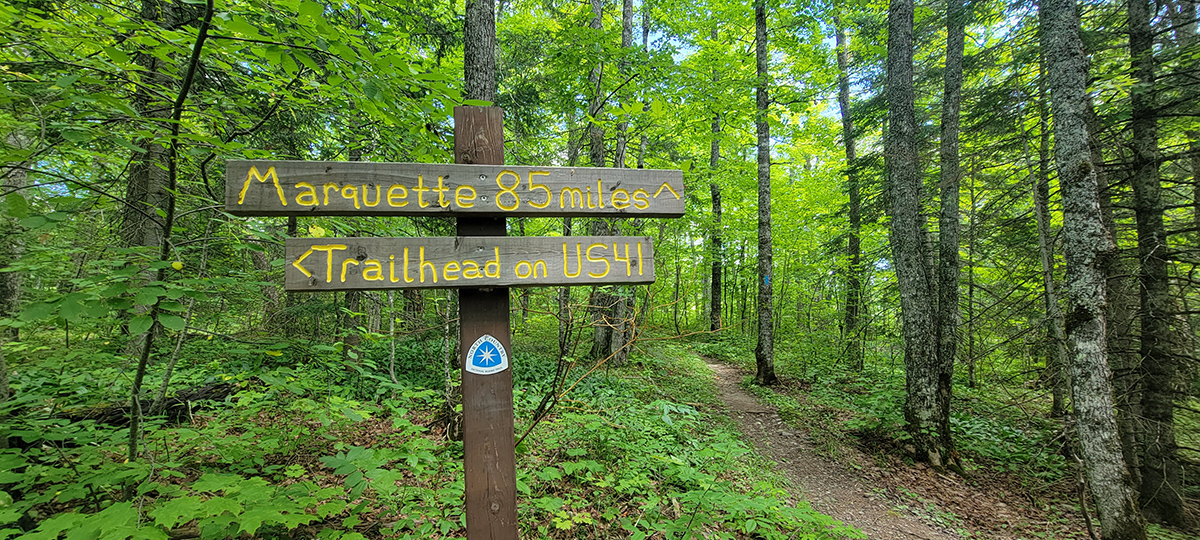WRITER | JULIE FORD
PHOTOS | DESTINATION ANN ARBOR
If a town with walkability, an exciting art scene, great foodie finds, recreational opportunities, and a resilient economy sounds like a great place to visit, consider a closer look at what Michigan’s college towns have to offer as a place to call home. The benefits of a college or university as a neighbor may surprise you.
College towns either large or small, are places where a college or university is the primary employer and anchor of the community. Residential areas with distinctive identities typically surround the main campus, and getting around town is easy on foot, by car, or with public transportation. Long-established downtown areas offer unique and plentiful shopping and restaurants, and the energetic population upswings from late summer to early spring when students are in peak attendance.
For Autumn Brown, assistant professor of art at Western Michigan University (WMU) in Kalamazoo, living the college town life is what appeals to her. So much so that she has lived in three: Athens, GA, home of the University of Georgia; Greenville, NC, home of East Carolina University; and WMU’s Kalamazoo.
“I love how university towns are often full of vibrant and educated energy,” says Brown. “The diverse backgrounds of professors and students that mix and meld with existing community structures often provides an eclectic smorgasbord of activities to observe and take part in,” Brown adds that geography was the key difference and root of the most varying aspects of society in each of the college towns where she has resided.
No matter where one chooses to live, there are positive and negative aspects, but for Brown, the list of negatives of college town living is short. “Sometimes they can be loud because of students, and traffic is usually heavier during the school year, but I always found pricing to be decent, and often you will find good deals on food and activities that cater to the students.”
There are lesser-known significant advantages to having a college or university as a neighbor, especially a doctoral degree-granting research university. The internet, while vast, can be imprecise in its information. A research university like WMU allows the public to visit its library and use the computer system as a guest to research myriad journals, historical newspapers, digitized books, and articles. All 4.5 million items and 62,000 subscriptions are within the public’s reach. This is especially helpful when the topic is a health issue. There are peer-reviewed journals that are very specific, and, while written for a more technical audience, a layperson can still gather enough information to become better informed.
Both the University of Michigan and WMU have Osher Lifelong Learning Institutes (OLLI) where, for a small fee, those over 50 can attend interesting non-credit courses and activities often led by emeriti faculty. Michigan’s colleges and universities may also offer tuition-free or discounted tuition classes to senior citizens. Restrictions such as department approval, seat availability, and the number of courses taken per semester may apply, but the opportunity to delve into a semester-long course with degree-seeking students generations younger would undoubtedly be invigorating. The office of the registrar at colleges and universities is the starting point for seeking more information.
Colleges offer events open to the entire community, not just the campus community, especially when classes are in session. For example, music department websites of larger colleges and universities offer performances almost every day. Theatre, art, and dance websites also list upcoming events – truly enough to fill a calendar with fun and interesting things to experience, and not all require an admission fee. Guest artists and visiting lecturers in all subjects are moving about campuses all over Michigan, and the opportunities to see their work is communicated on posters in the hallways and on department websites. Sporting events are another opportunity for fun. All it takes is a phone call to the athletic department or a few clicks on the computer to find one to attend, and practice sessions may even allow public viewing at no charge.
Living in a college town also opens the door to finding help, from house sitting to caring for a loved one. The campus student employment office is a good start for seeking a college student for general help or one learning the ropes in the area of need.
Living in a college town doesn’t mean moving into “fraternity row” unless that idea is appealing. These are unique communities with interesting and little-known attributes where one might establish roots. “Good food, cutting-edge arts and sciences, often engaged community structures, and quirky activities,” suggests Brown for reasons to consider moving to a college town no matter your age. “And I love a good college radio station, so I would certainly throw that in as a plus.”
There are college towns in every part of the state. Do a little research, and you might find one that suits your lifestyle perfectly.








